New York City, 1977. Detective Frank Barnes (Paul Newman) Is Fighting More Than Just The Heatwave: A

New York City, 1977. Detective Frank Barnes (Paul Newman) is fighting more than just the heatwave: A robbery spree becomes increasingly difficult to investigate as the head of the operation, Sonny Moreno (Robert Redford), uses it as a platform to flirt with none other but the head detective himself. What ensues is a cat and mouse game full of adrenaline, drama and sexual tension that leaves the cop torn between two worlds.
More Posts from Mr-sheridan and Others

Child safe version of the actual comic I wanna post

This is a bag of flour for one of the martyrs who died in the massacre a short while ago
How To Keep Your (Found) Family Happy
A friend posted a cartoon about weaponized incompetence on another website and talked about how every family has this. In fact, most groups of humans have run into this at some point, it's pretty normal for humans to try to find a way to take the easiest route (even if it means more work for others).
Despite all that, I've been with the same person since 2001. We've been married most of that time, had four kids together, and moved countless times as we restarted jobs, hunted promotions, and switched career fields. And we've managed to avoid most of the pitfalls. Here's how my spouse and I have avoid fights, weaponized incompetence, bitter feelings, and feeling neglected in our relationship for over 20 years (Hint: there's a lot of communication going on)... P.S. These are all very family/relationship-centric but you can absolutely adapt them for the workplace, school, or anything else.
MAKING CHOICES AHEAD OF TIME ... the menu is made at the start of the month, money is allocated before major events, we plan trips sometimes years in advance. All of that reduces the choice making later and is one less stress to handle. This is purely a decision making fatigue thing, if you have to make a decision, it requires brain power, and after a long day you'll have none. So why not sit down on a quiet day and make all the decisions you need to make for the next week? Poof! Brain power is freed up and there is less stress!
MONTHLY & WEEKLY CALENDAR SCRUBS... we sit down and make the menu around the first of the month, and we fill in the calendar with schedules so we know which days someone will be too busy to do things like cook, wash up, or something else.
DAILY CHECK-INS... whoever is home together in the morning does a morning devotional (yoga, dance time, scriptures, motivational quote, prayers, whatever works for you) and review what's happening so everyone is tracking major tests, work meetings, stressors, ect. Then we try to have dinner together if possible (even if it means eating at 5) and then a bedtime check-in before light's out (usually scriptures, prayers, and chatting, then bedtime stories for the littles). If people are working from home, we might have lunch together too. That means we have 2-4 planned meetings a day so we can course correct. -> If you're not religious, don't stress it. Pull out some Terry Pratchett quotes, favorite poems, pick a theme song for the week and dance to it. Just give you and your people five minutes to do something happy together. -> If this is at work this might mean a team meeting at the start of the day or a 12 minute check-in at 1:30 when everyone is back from lunch. The goal is to make sure everyone is on schedule for what they need, haven't run into an emergencies, and no one has questions. A supported work team gets more done.
SPENDING LIMITS... we got married in college when we lived off college stipends of $400/m. And we had a kid. Our rule was never to spend $20 without consulting the other person. We never changed that. We discuss everything from birthday presents to grocery lists and when we're getting gas in the cars even though we're much more financially stable. It means everyone spending out of the main accounts is tracking where the money is going so we don't over-splurge.
CHORE SCHEDULES... when we were first married we'd set aside an hour or so to clean the house together. It worked. As the kids got older this got more complicated (they needed to learn how to clean). But now we're at a point where everyone has assigned chores and we put bounties on chores that need to get done and are unassigned. And then we have one cleaning day (usually Friday or Saturday) where we take an hour and all clean the shared spaces. It takes 30-60 minutes to clean the entire house if you have six people working together. Laundry has assigned days for every load. The dishwasher and cooking have assigned days. It works. Everyone helps to the best of their abilities. -> With this is a lot of Adjusted Expectations. My house is not color coordinated with everything in a bin. My family is all neurodivergent. Most our dishes live on the counters because putting them away makes them vanish. This works great for us but might be overwhelming for other people. Who cares? It's our house, we're doing what works for us and the person made about it on Instagram can suck a lemon. -> If you really cannot do chores, cosplay it. Roll the dice and make it a game. Set a timer. Bribe yourself. Make it work for you.
ONE-ON-ONE TIME... not just for me and hubby, but for parents and kids. We try to make sure everyone gets some alone time where they are the focus of attention and we can check-in and make sure their emotional needs are met. Kids need a space to vent. Adults to a space to not be parents. -> This is super important for friendships too. Make time for people in your life! -> At work, this means managers need to make time to talk with their employees, check-in, and assess who needs things (and consider the people's needs first, not the CEO's bonus)
SCHEDULED DOWNTIME... usually this is Sunday for us (the Sabbath day for our religion), but it can be whenever, and we might have more downtime scheduled on a stressful week than in an easy one. The goal here is to make sure everyone gets time to not work, not lead, not think, and just chill. They can play, listen to music, nap, whatever their brain needs, and they can do it without upsetting anyone or feeling guilty because it's part of the schedule. -> In an office this would mean not lean staffing, maybe having an early release day once a week (or a late start) or long lunches. Give your people space to zone out and chill so they can come back refreshed. -> Quiet Quitting only exists because management is trying to exploit their staff. Don't be that boss. (P.S. Join Your Union)
SOME THINGS DON'T HAPPEN... our kids are limited to one after-school activity a year and one AP class for high schoolers. We've tried other ways and found it generates too much stress. I limit projects I take on because I have a set quitting time, even though I work from home. My husband passes up on some away-from-home events with friends because we prioritize family time. Figuring out that balance is something you have to decide as a family. What works for one person won't work for all. -> In business this means doing sustainable, slow growth over rapid booms that overextend and hurt the system. Stop looking for the short term boost when long term is better.
ADAPT TO WHAT YOUR GROUP NEEDS!... this is the most important one, because what we've done over the years has changed in reaction to the needs of people around us. My kids in college need something different than the one starting middle school. My team at the lab needed something than my team at a newspaper. If you have a bunch of introverts, they probably don't want a dance party, they want a three minute meeting with a heads up about any major disturbances and then ten minutes of silence to prepare their souls for any human interaction. Do what works.
From instructions on how to opt out, look at the official staff post on the topic. It also gives more information on Tumblr's new policies. If you are opting out, remember to opt out each separate blog individually.
Please reblog this post, so it will get more votes!
hello I’ve been thinking about this a lot lately. The anonymity of tumblr means that I associate my idea/image of you with your icon and sometimes I look at people’s icons and I’m like ‘hmmm….what is that and why?’
so pls reblog this and comment in the tags the meaning behind your icon and why you chose it. this is a social experiment. do it for science pls.
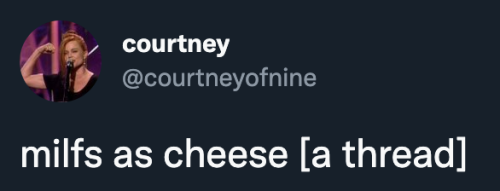








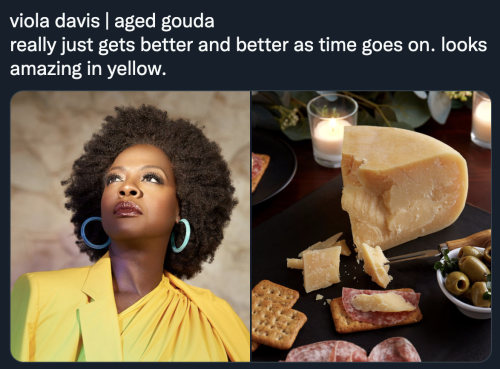











(source)





Source: The Boy Who Collects The Stars 星をあつめる少年
by Natsu
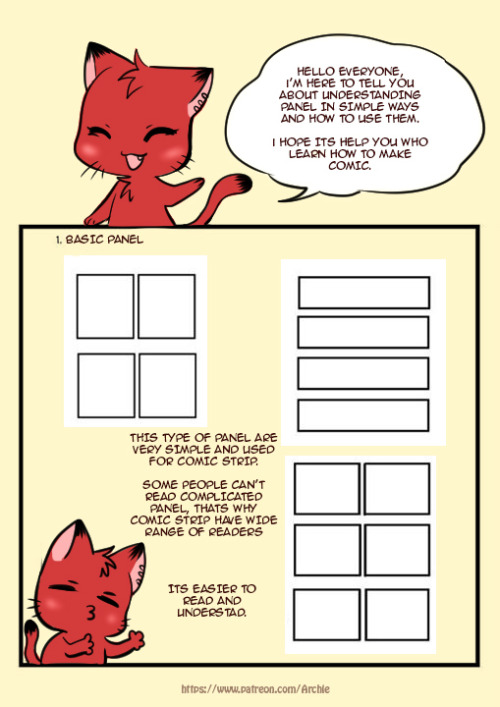
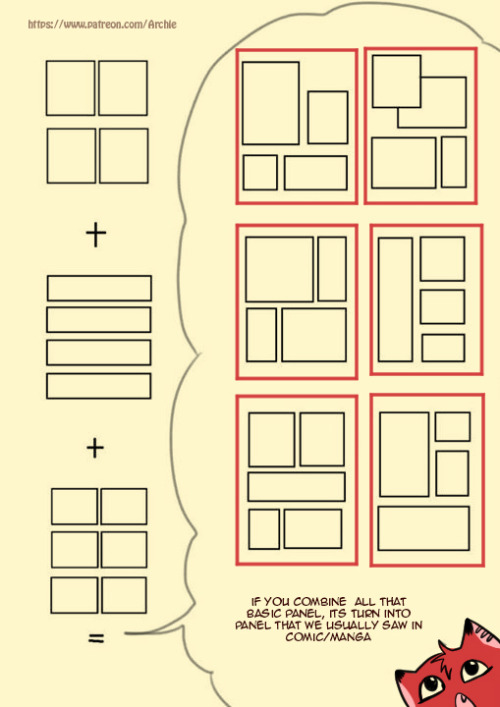
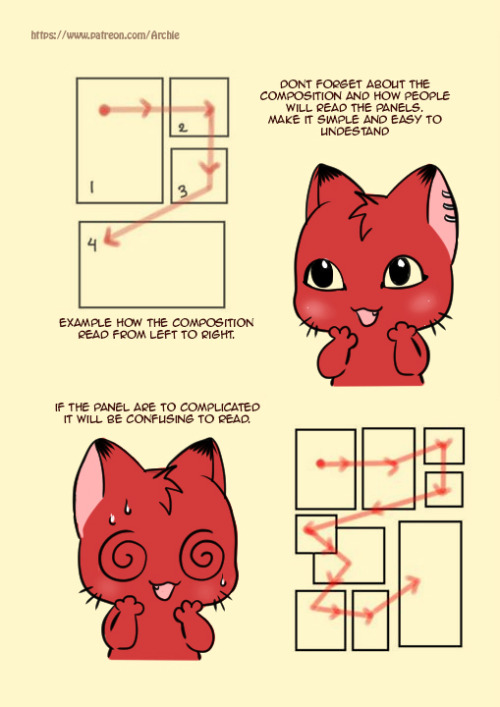
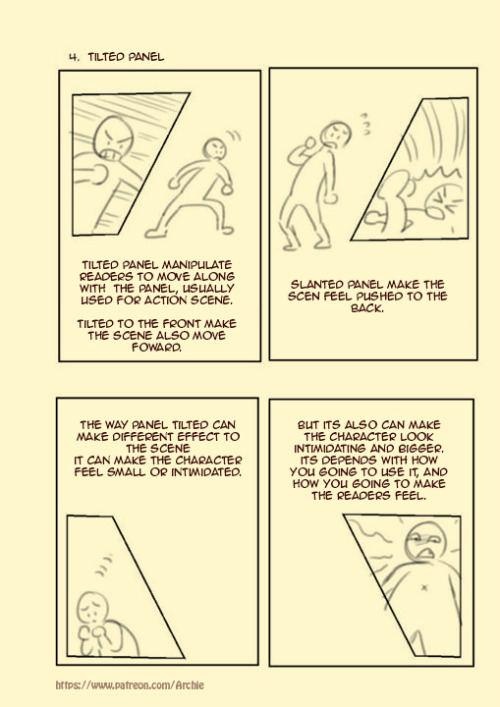
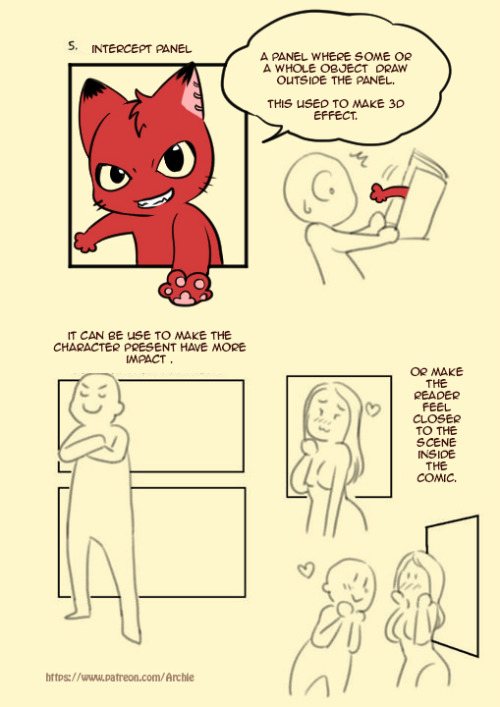
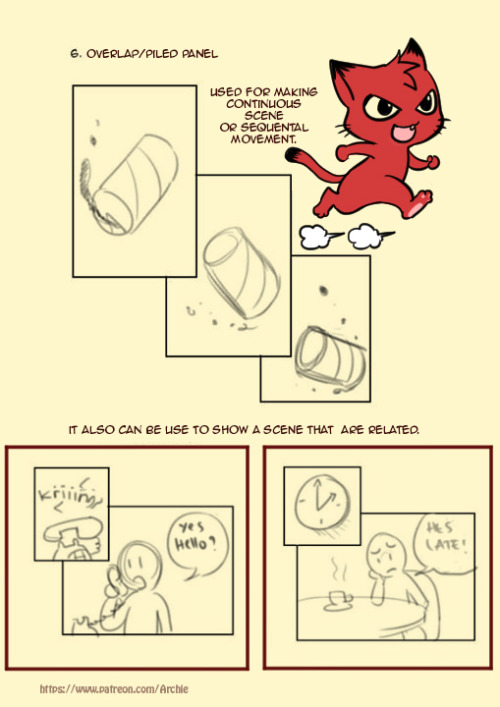
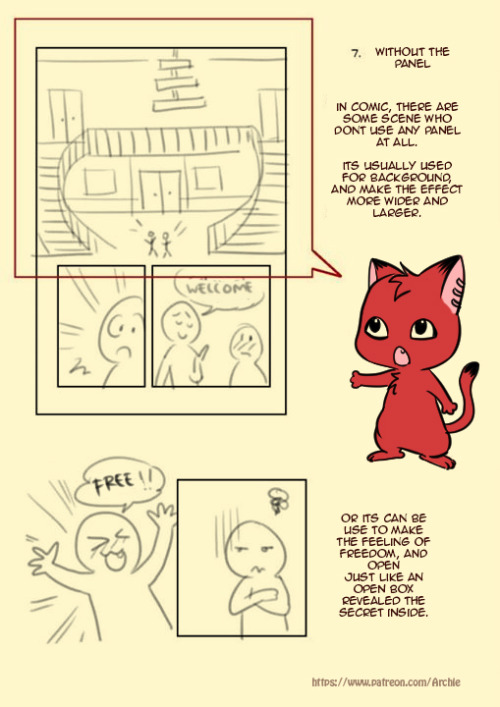
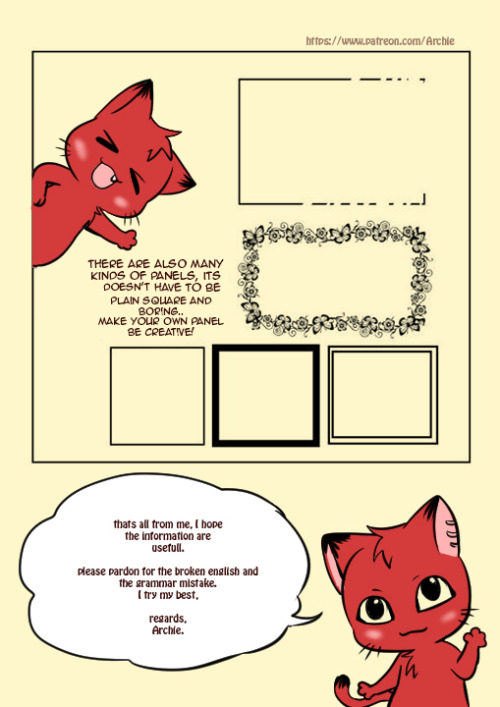

Simple Comic Panel Tutorial
please kindly visit my PATREON page ^^
What I was taught growing up: Wild edible plants and animals were just so naturally abundant that the indigenous people of my area, namely western Washington state, didn't have to develop agriculture and could just easily forage/hunt for all their needs.
The first pebble in what would become a landslide: Native peoples practiced intentional fire, which kept the trees from growing over the camas praire.
The next: PNW native peoples intentionally planted and cultivated forest gardens, and we can still see the increase in biodiversity where these gardens were today.
The next: We have an oak prairie savanna ecosystem that was intentionally maintained via intentional fire (which they were banned from doing for like, 100 years and we're just now starting to do again), and this ecosystem is disappearing as Douglas firs spread, invasive species take over, and land is turned into European-style agricultural systems.
The Land Slide: Actually, the native peoples had a complex agricultural and food processing system that allowed them to meet all their needs throughout the year, including storing food for the long, wet, dark winter. They collected a wide variety of plant foods (along with the salmon, deer, and other animals they hunted), from seaweeds to roots to berries, and they also managed these food systems via not only burning, but pruning, weeding, planting, digging/tilling, selectively harvesting root crops so that smaller ones were left behind to grow and the biggest were left to reseed, and careful harvesting at particular times for each species that both ensured their perennial (!) crops would continue thriving and that harvest occurred at the best time for the best quality food. American settlers were willfully ignorant of the complex agricultural system, because being thus allowed them to claim the land wasn't being used. Native peoples were actively managing the ecosystem to produce their food, in a sustainable manner that increased biodiversity, thus benefiting not only themselves but other species as well.
So that's cool. If you want to read more, I suggest "Ancient Pathways, Ancestral Knowledge: Ethnobotany and Ecological Wisdom of Indigenous Peoples of Northwestern North America" by Nancy J. Turner
Pick what happens:
You walk into a bar after your long day at work herding cats across the great concrete plains of New Wark.
After 3 long hours of downing marmalade milk, you decide you need to head to the washroom to make room for more.
You walk down the corridor that the washroom sign points to, only to find it split into two tunnels.
One of them smells like your dad's old college duffelbag that he kept his spoon collection in, and the other one smells like Kraft Mac n cheese with a hint of oyster sauce.
-
 al-sh liked this · 5 months ago
al-sh liked this · 5 months ago -
 chucklesnervously liked this · 5 months ago
chucklesnervously liked this · 5 months ago -
 powderfinger-mp4 liked this · 1 year ago
powderfinger-mp4 liked this · 1 year ago -
 mcu-and-buckybarnes-things liked this · 1 year ago
mcu-and-buckybarnes-things liked this · 1 year ago -
 amazalina liked this · 1 year ago
amazalina liked this · 1 year ago -
 throwbackjoe liked this · 1 year ago
throwbackjoe liked this · 1 year ago -
 mr-snailman reblogged this · 1 year ago
mr-snailman reblogged this · 1 year ago -
 ecoustsaintmein liked this · 1 year ago
ecoustsaintmein liked this · 1 year ago -
 nomisong liked this · 1 year ago
nomisong liked this · 1 year ago -
 cquiller1 liked this · 1 year ago
cquiller1 liked this · 1 year ago -
 rogersandclarke liked this · 1 year ago
rogersandclarke liked this · 1 year ago -
 it-happened-once-in-a-meme liked this · 1 year ago
it-happened-once-in-a-meme liked this · 1 year ago -
 buko-pandan liked this · 1 year ago
buko-pandan liked this · 1 year ago -
 helen06dreamer liked this · 1 year ago
helen06dreamer liked this · 1 year ago -
 mellancholias liked this · 1 year ago
mellancholias liked this · 1 year ago -
 mountaingrovewasteland liked this · 1 year ago
mountaingrovewasteland liked this · 1 year ago -
 magimthings liked this · 1 year ago
magimthings liked this · 1 year ago -
 localsainsburys liked this · 1 year ago
localsainsburys liked this · 1 year ago -
 sonnymoreno reblogged this · 1 year ago
sonnymoreno reblogged this · 1 year ago -
 buttswillbebutts liked this · 1 year ago
buttswillbebutts liked this · 1 year ago -
 viewparadise liked this · 1 year ago
viewparadise liked this · 1 year ago -
 tuamadremortainunvassoio liked this · 1 year ago
tuamadremortainunvassoio liked this · 1 year ago -
 girlbossgatekeepgoncharov reblogged this · 1 year ago
girlbossgatekeepgoncharov reblogged this · 1 year ago -
 toasted-trek liked this · 1 year ago
toasted-trek liked this · 1 year ago -
 queernerdgasms liked this · 2 years ago
queernerdgasms liked this · 2 years ago -
 mr-snailman liked this · 2 years ago
mr-snailman liked this · 2 years ago -
 evrevanza liked this · 2 years ago
evrevanza liked this · 2 years ago -
 tylerpdf reblogged this · 2 years ago
tylerpdf reblogged this · 2 years ago -
 tylerpdf liked this · 2 years ago
tylerpdf liked this · 2 years ago -
 nastyraisin liked this · 2 years ago
nastyraisin liked this · 2 years ago -
 undeeznuts liked this · 2 years ago
undeeznuts liked this · 2 years ago -
 boringusername3 liked this · 2 years ago
boringusername3 liked this · 2 years ago -
 mkshutes liked this · 2 years ago
mkshutes liked this · 2 years ago -
 frankbarnesjr reblogged this · 2 years ago
frankbarnesjr reblogged this · 2 years ago -
 sonnymoreno reblogged this · 2 years ago
sonnymoreno reblogged this · 2 years ago -
 sjukvarld liked this · 2 years ago
sjukvarld liked this · 2 years ago -
 blowout1981 liked this · 2 years ago
blowout1981 liked this · 2 years ago -
 spencerscripter liked this · 2 years ago
spencerscripter liked this · 2 years ago -
 urbanpineapplefarmer liked this · 2 years ago
urbanpineapplefarmer liked this · 2 years ago -
 prymith liked this · 2 years ago
prymith liked this · 2 years ago -
 lol-not-really liked this · 2 years ago
lol-not-really liked this · 2 years ago
